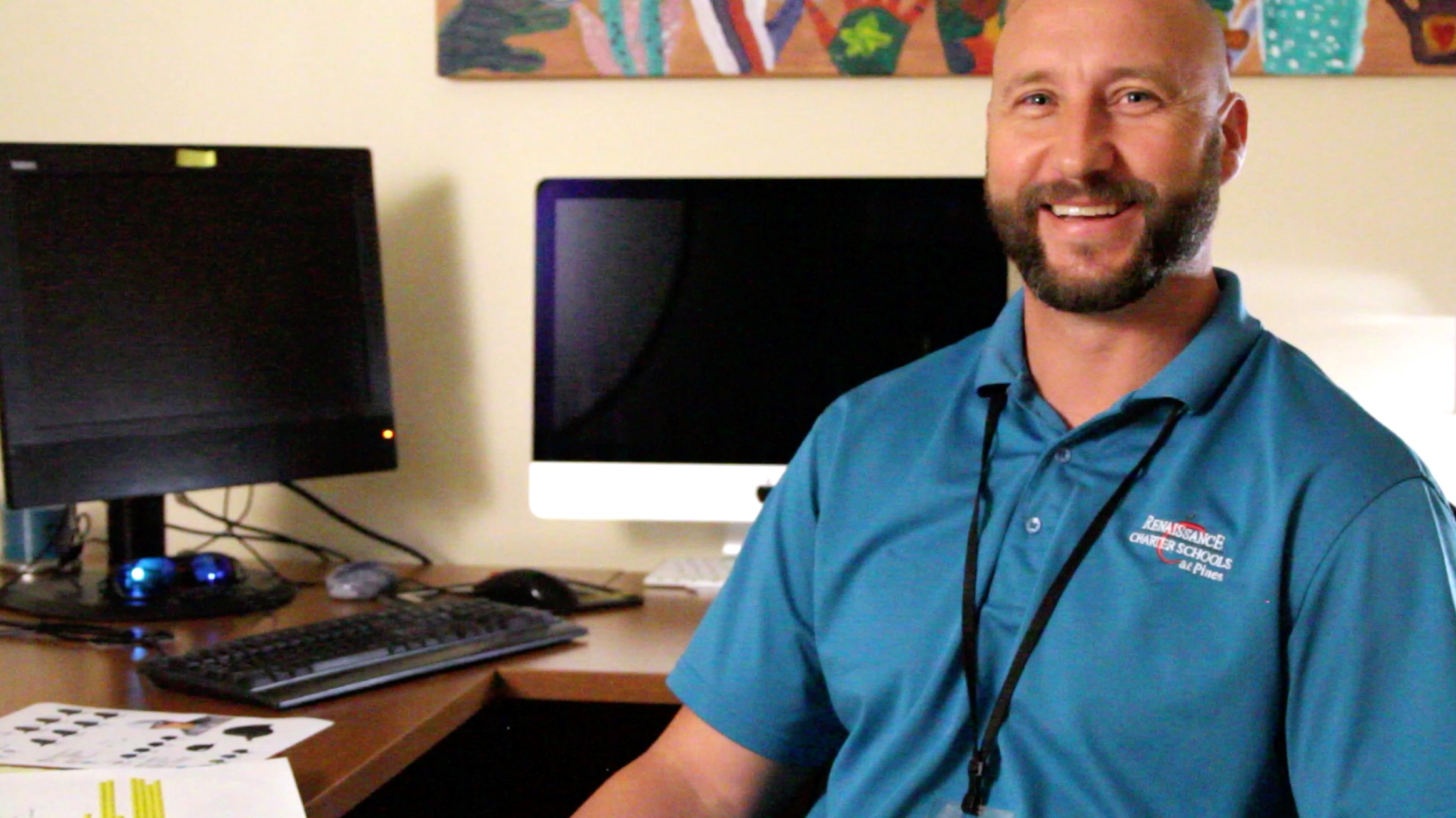Technology Helps Orchestrate Life Lessons on the Path to Responsibility

As schools debate their role in developing non-academic skills -- like character and grit -- interest in Positive Behavior Intervention and Support (PBIS) continues to grow. The sheer act of learning (working through a difficult concept, dealing with a poor grade, etc.) does develop a student’s personal growth. These days, many schools and districts are taking a step further to directly supporting student relational capacity; they are addressing behavior and trying to change individual student tendencies as well as school culture.
Hero K12 is one technology-based resource being used by schools to emphasize positive behaviors with the hope that by rewarding the good that students do, they will do strive to exhibit these good behaviors more frequently. Hero changes mindsets, these schools report, because it gives students another reason to do good, It also gives teachers and school staff a process to recognize students for doing the right thing, even in the tiniest of ways.
At Renaissance Charter School at Pines in Pembroke Pines, Florida, school Dean of Discipline Chris Polly is using Hero to help every one of the 1,450 students in his K-8 school find it within themselves to do the right thing. For every positive action, students earn Hero points which are redeemable at the school’s Hero Store containing small things like schools supplies, or big rewards like skateboards and bicycles. This isn’t selling magazines for redeeming awards. This is earning points for everyday behaviors like being on time, on task, helpful, and kind.
Students earn points for the simplest of things like showing respect for the school’s environment and putting trash in the right place. Yet, not every student is perfect all of the time, so when students do mess up, they don’t lose points. Instead, when students need to be held accountable, they might have to serve detention on Saturday. And Dean Polly’s future vision is to allow students to buy themselves out of Saturday School for non-serious infractions, letting students apply their positive Hero points in exchange for detention.
It’s a way for Dean Polly and his colleagues to teach students that everyone makes mistakes but there is often an appropriate way to say you’re sorry and accept responsibility for your actions.
The changed emphasis is having a substantial impact at Renaissance. There are 50 percent fewer suspensions at the school and referrals have dropped by 50 percent. Dean Polly says he can feel that students are more positive overall. Knowing that this shift is occurring is acutely rewarding to him and his colleagues. It is also a measurable sign of progress at the school: they have a plan, the tools are in place, and real change is being made.
See how other schools are bringing about change with Hero and learn more about PBIS at https://herok12.com.
Tools and ideas to transform education. Sign up below.
